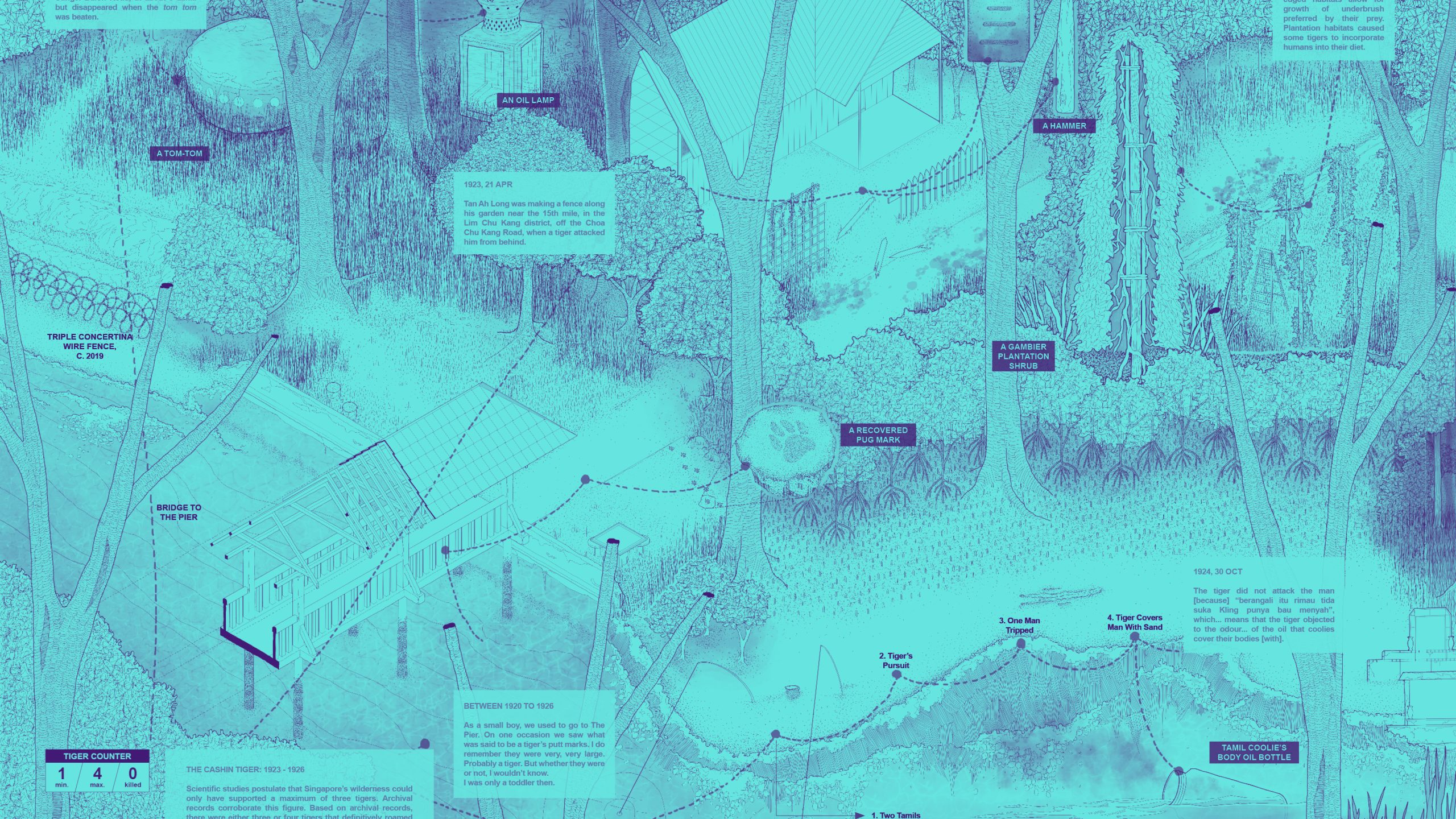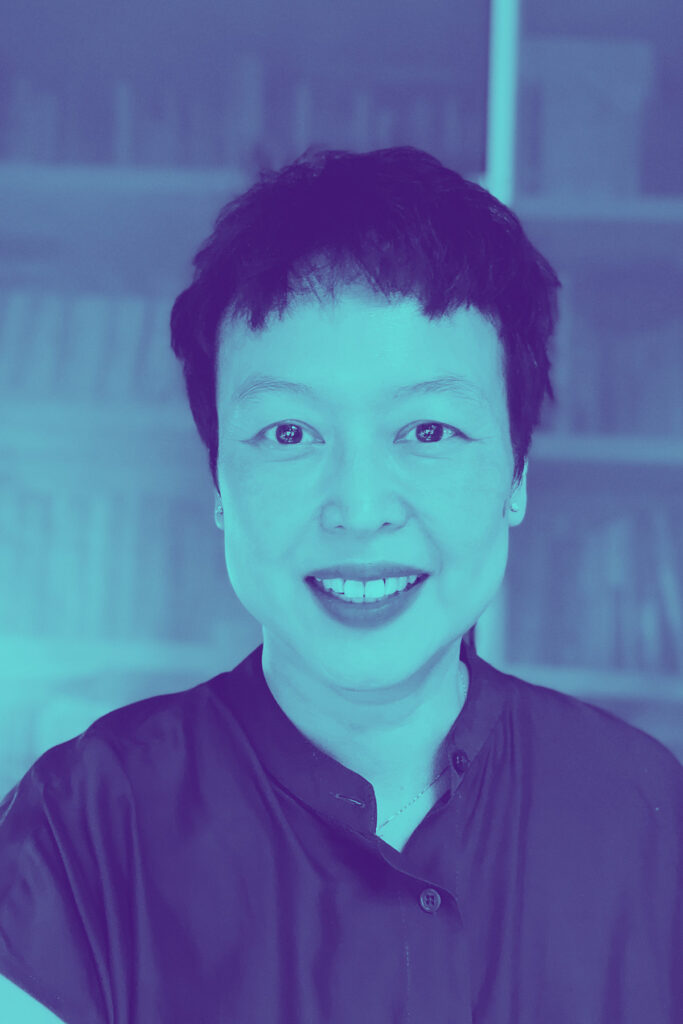Singapore
AF Forum
Research in Practice, Re:Searches for New Knowledge in Design
Research in Architecture Affect and Intuition
17 May 2024
2.30pm—2.45pm
Marina Bay Sands, Hall 1, Heliconia Ballroom
Ticketed admission

Architecture and Affect implicitly asks how the systemic and intuitive creativity honed through architectural training might influence the ways knowledge is acquired and conveyed in scholarship. It probes why these architectural ways of knowing ultimately affect not just what we know but significantly, how we know and how we tell. To place architecture next to affect is to ask whether there is a new way to think the political in architecture, specifically how architectural histories and theories might be wrested from their biases to engage subjects in the social imaginary excluded from architecture’s archival and published records. Reciprocally, to think-with architecture is to accord affect theory what it misses––specificity of physical concreteness and materiality. This pairing produces a hinge: An infrastructure of thinking and disposition for writing about architecture as a subject mediated by, and emerging through, affective encounters. And reciprocally, an infrastructure of thinking and disposition for writing about affect as a subject mediated by architectural encounters. Research in Architecture: Affect and Intuition Architecture and Affect seeks to return architecture to a location where the relations of production—historical, political, biological, social, ecological, financial and cultural—are re-enacted, in other words, to return architectural discourse to where worlding happens.
Speakers


NUS
15 May 2024

NUS

NUS
Lilian CHEE is Associate Professor of Architectural Theory and Design at the National University of Singapore, where she co-leads the Research by Design Cluster. She also serves as the Academic Director of the NUS Museum, where she directs the Minor in Visual Cultures. Her books include Architecture and Affect (2023), Art in Public Space (2022), and Remote Practices (2022); the documentary Objects for Thriving (2022) and the award-winning essay film 03-FLATS (2014). She leads the Social Sciences Research Council-funded Foundations for Home-based Work (2021-24). She writes on affect, architectural representation, domesticity, and works creatively across the intersections of architecture and visual cultures. She is on the editorial boards of Architectural Theory Review, Australian Feminist Studies, the idea journal and advisor for the Bloomsbury Architecture Library. Chee was Visiting Fellow at Future Cities Lab Singapore-ETH Centre (2018); Honorary Senior Research Associate at Bartlett UCL (2018-2019), and currently, is a Fellow of the Insurgent Domesticities collective hosted at Columbia University’s Center for the Study of Social Difference.
Lilian Chee’s research connects creative practice, embodied experience, and affective evidence with architectural representation and feminist politics. Committed to reconsidering architecture through minority perspectives and the understanding of life through the lenses of the more-than human, her work is invested in how the performance of such knowledge might be creatively re-attuned to highlight not just the diversity of these perspectives, but equally the risks now faced by what we know as ‘the norm’. Her creative work spans across scholarly and speculative writing engaging architecture and art practices, film and installation collaborations, and curatorial practice. Writing sideways into the academy, she has researched on the under-remarked subject of domesticity for close to two decades. Her award-winning research film collaboration 03-FLATS (2014), which examines Singaporean public housing through the flat interiors of three single women, has screened in 16 major cities. In her current Social Science Research Council funded project examining home-based work, she is collaborating on another documentary about generation-Z home-based business proprietors, and producing a design manual which challenges the genre of the manual. Chee’s latest research monograph Architecture and Affect (2023) puts into action her interdisciplinary research alignments, and advances her argument for thinking architecture anew through its relational and contested configurations.